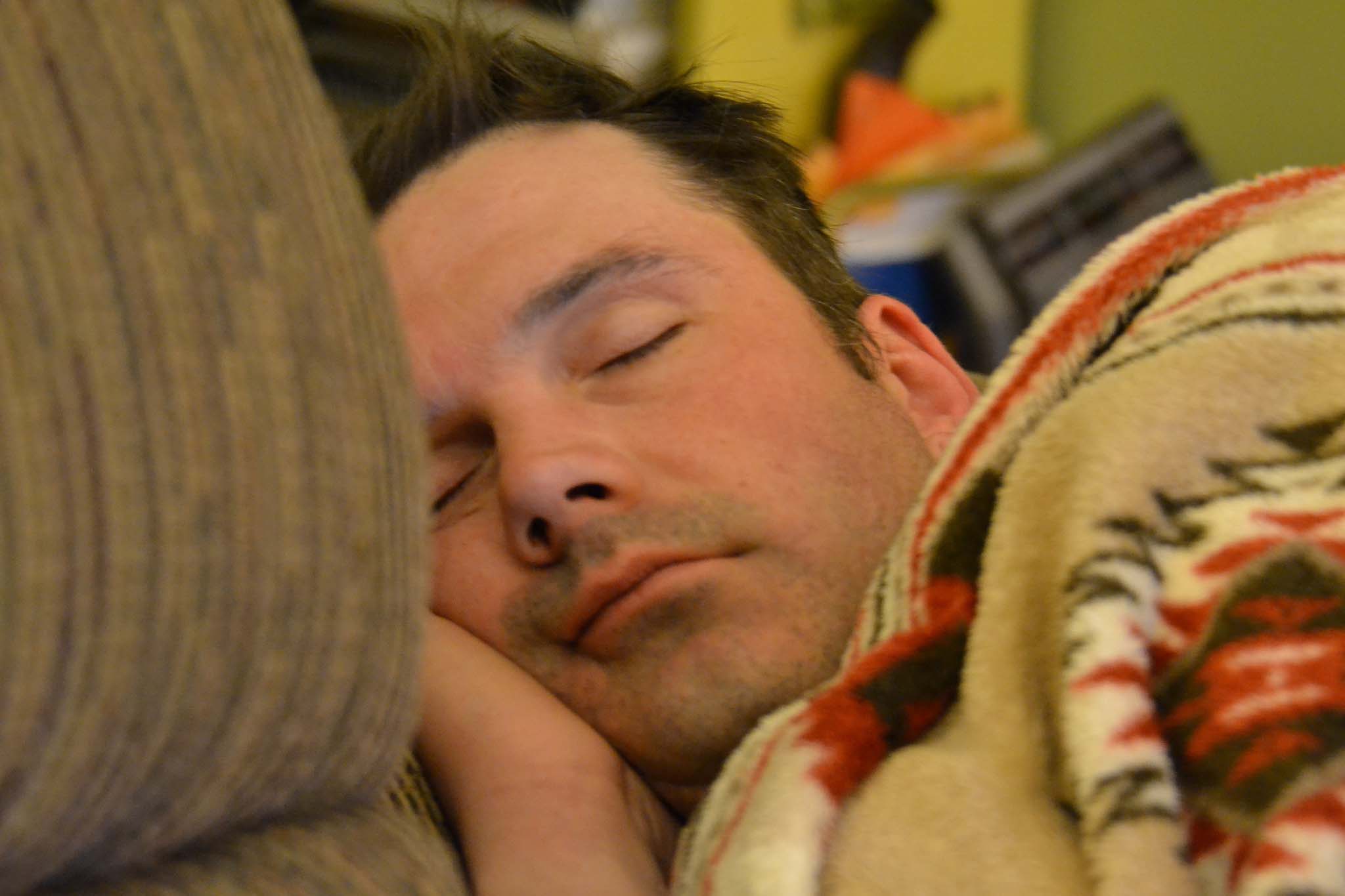
Qatar residents are getting less sleep during Ramadan than normal but are still going to bed earlier – as well as getting up earlier – than most of their GCC neighbors, according to results from a new survey.
The working hours for businesses, shops and services in Gulf countries significantly change during the Holy month, as many residents choose to take advantage of the non-fasting hours by socializing with family and friends into the wee hours, in addition to engaging in religious activities.
As a result, the average night’s sleep during the first week of Ramadan for people living in Qatar is nearly a half-hour less than usual and totals 6 hours, 11 minutes. However, this is still nearly 30 minutes more shut-eye than that of Oman residents, who clock up only 5 hours 45 minutes of sleep a night during the Holy month.
The survey, by Sweden-based firm Sleep Cycle, studied the sleeping patterns of 2,058 residents living in the six GCC states between June 10 and 24, comparing their night-time habits in the week leading up to Ramadan with those in the first week of the Holy month.
It does not appear to take into account that many people make up for their shorter sleep at night by taking a nap in the afternoons.
Less sleep
The general trend across the Gulf was that residents went to bed later and woke up later during Ramadan, getting less overall sleep at nighttime than they would do otherwise.
However, the differences in bed times and wake-up times for Qatar-based participants was not as extreme as those in other Gulf states.

The survey found that Qatar respondents went to bed on average 42 minutes later in Ramadan, at 12:01am, which is one of the earliest bedtimes recorded in the survey.
Bahrain residents went to bed first, at 11:42pm on average, while those living in Saudi were the night-owls, going to bed on average more than an hour later at 12:44am – although that is just five minutes later than their bedtime outside of Ramadan.
While Qatar participants in the survey joined their Gulf neighbors in sleeping in during Ramadan, they only slept around 13 minutes later than they would usually do, with an average wake-up time of 8:09am.

Those in the Emirates woke slightly earlier, at 7:57am, while Saudi respondents slept in the latest, not waking until 10:17am.
Perhaps unsurprisingly, the late and shorter nights have taken a toll on the quality of respondents’ sleep during the Holy month. Everyone had a poorer night’s sleep, with those in Qatar scoring a sleep quality of -2.3 percent. Omanis suffered the most, with their sleep quality rating on average -5 percent during Ramadan.
Sleep advice
While it’s well-known that consistent lack of sleep makes people grumpy and irritable, it can also have implications for mental and physical health.
A sleep expert at Hamad Medical Corp. (HMC) has advised Qatar residents to try to establish and keep regular sleeping patterns during Ramadan, to help them readjust after the holy month.
“Due to the unique nature of Ramadan, many people experience frequent and irregular sleeping times during the day because they stay awake during the night to perform acts of worship or some times to socialize,” said Dr. Abul Aziz Al Hashmi, Consultant of Pulmonary Diseases and Sleep Disorders at HMC.
Those who significantly change their normal bedtime and wake-up times can struggle to get back into their old routine after Ramadan, which can increase the risk of developing biological clock disorders such as delayed sleep phase syndrome or melatonin secretion rhythm disorder.
This can result in sleepiness, headache and mood swings, Dr. Al Hashmi said.

Overeating, particularly eating high calorie, sugary or fatty foods can exacerbate potential sleep disorders.
To avoid the feeling of “jet lag” with a sudden change in schedule after Eid, Dr. Al Hashmi advises residents to gradually re-adjust their sleep and wake-up schedule over several days, ahead of their return to work or school to help re-synchronize the body’s biological clock.
Tips for rebooting the body clock to get it back into the normal sleep routine include exposure to strong light for at least one hour after waking. This does not need to be outdoors, but can be from light coming through a window.
“Light is the most potent agent to synchronize the internal body clock that regulates circadian rhythms and helps in reducing the level of sleep hormone (melatonin) in the blood,” Dr. Al Hashmi added.
Are you getting enough sleep this Ramadan? Thoughts?







